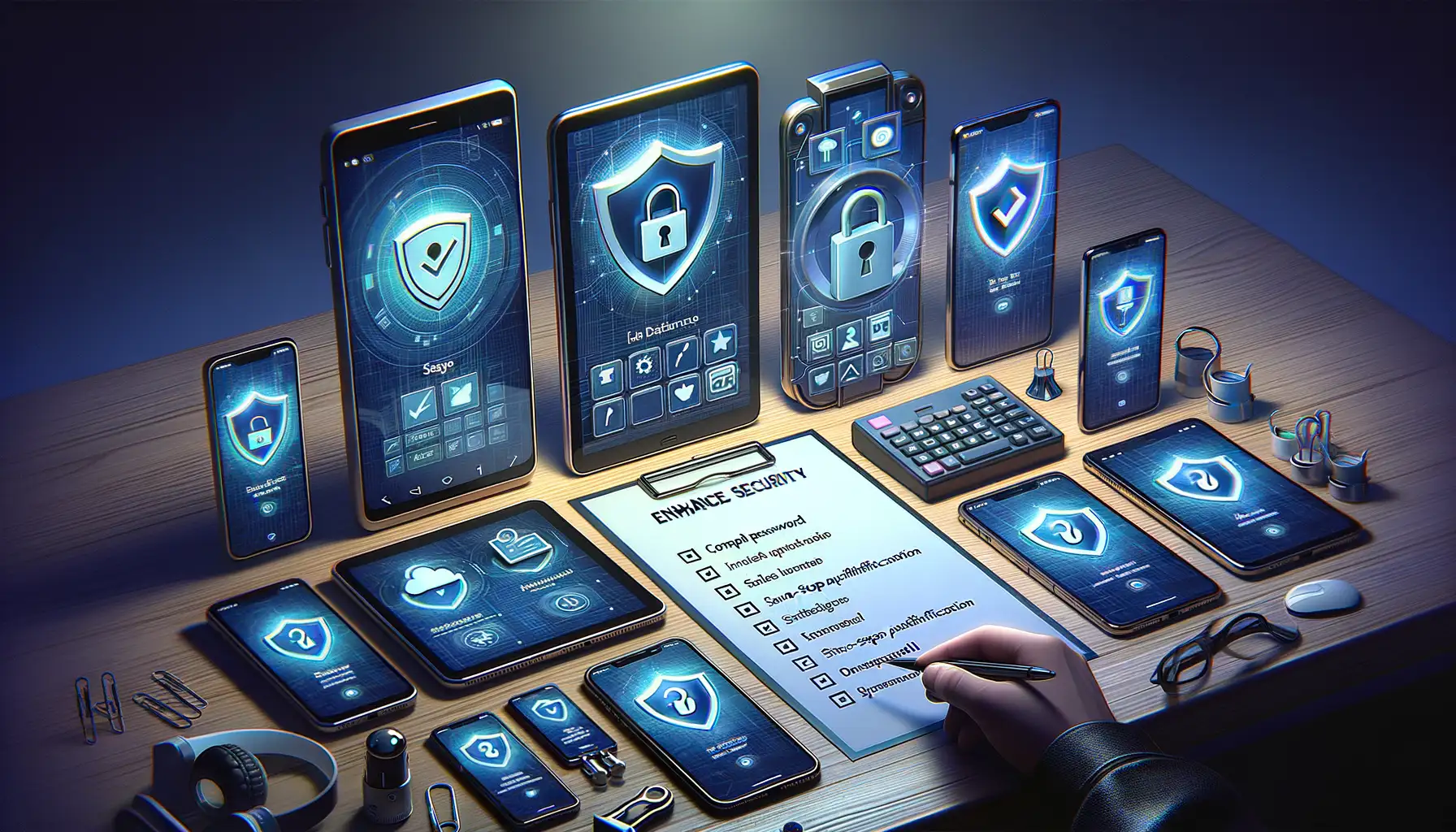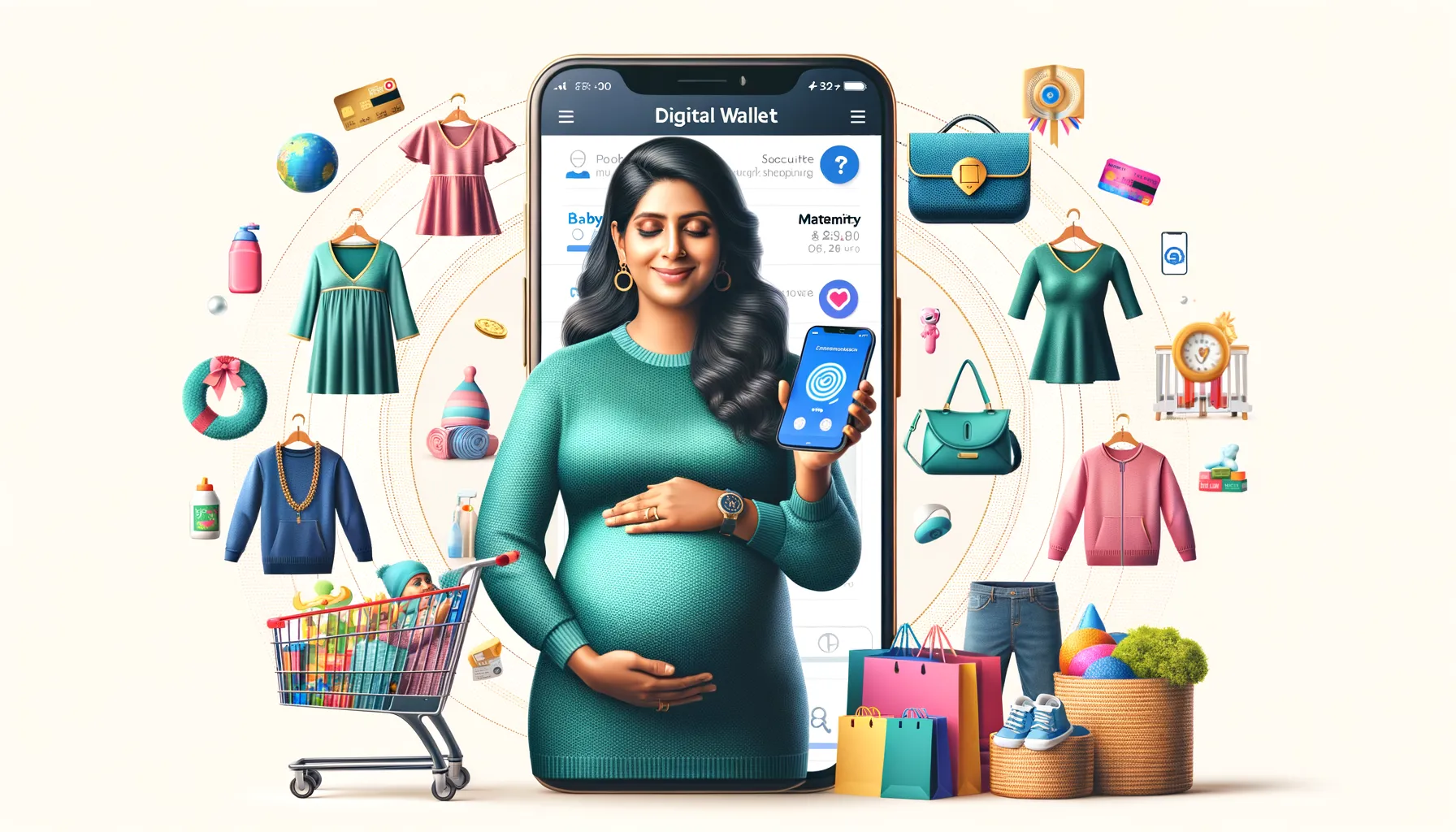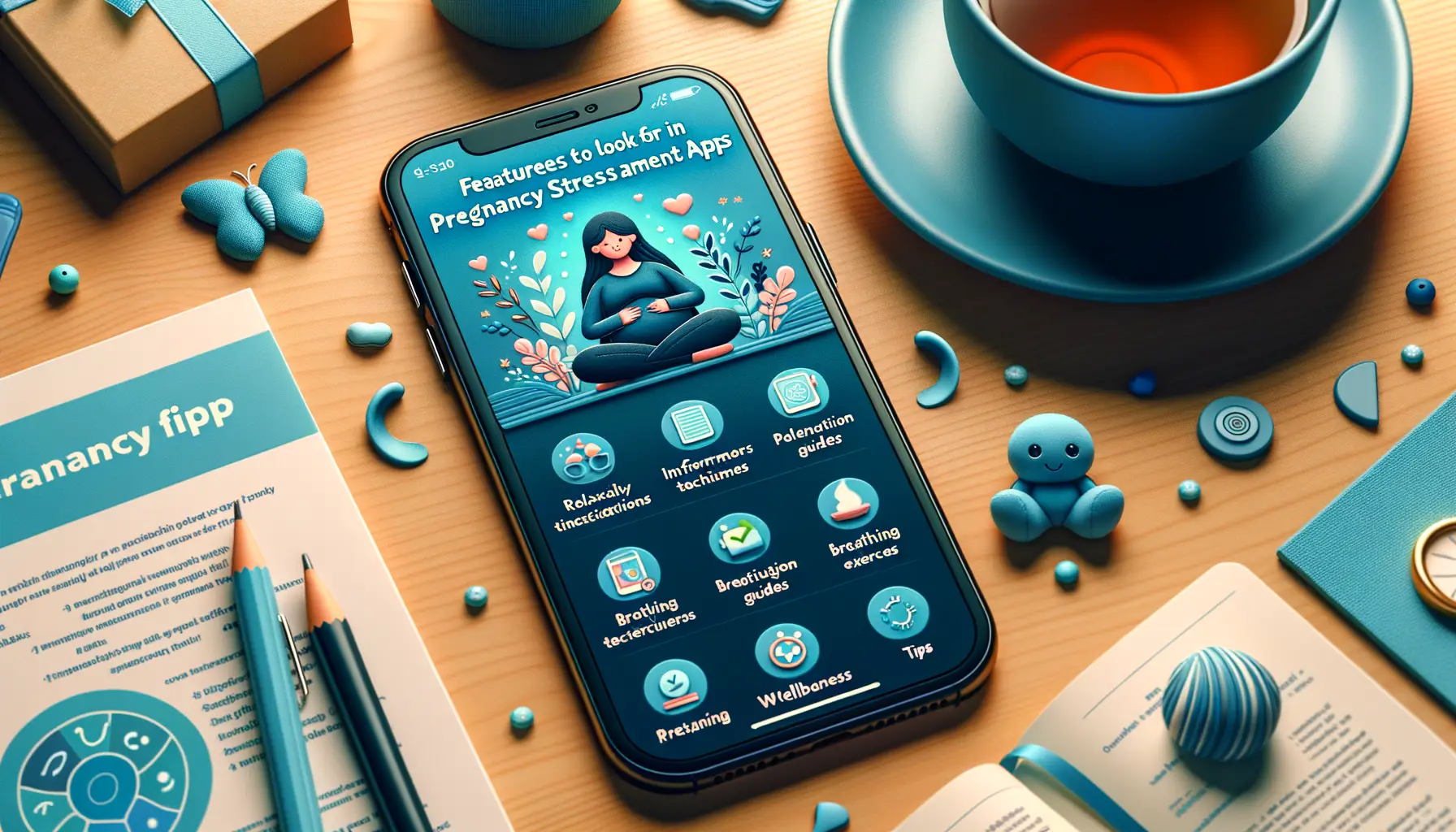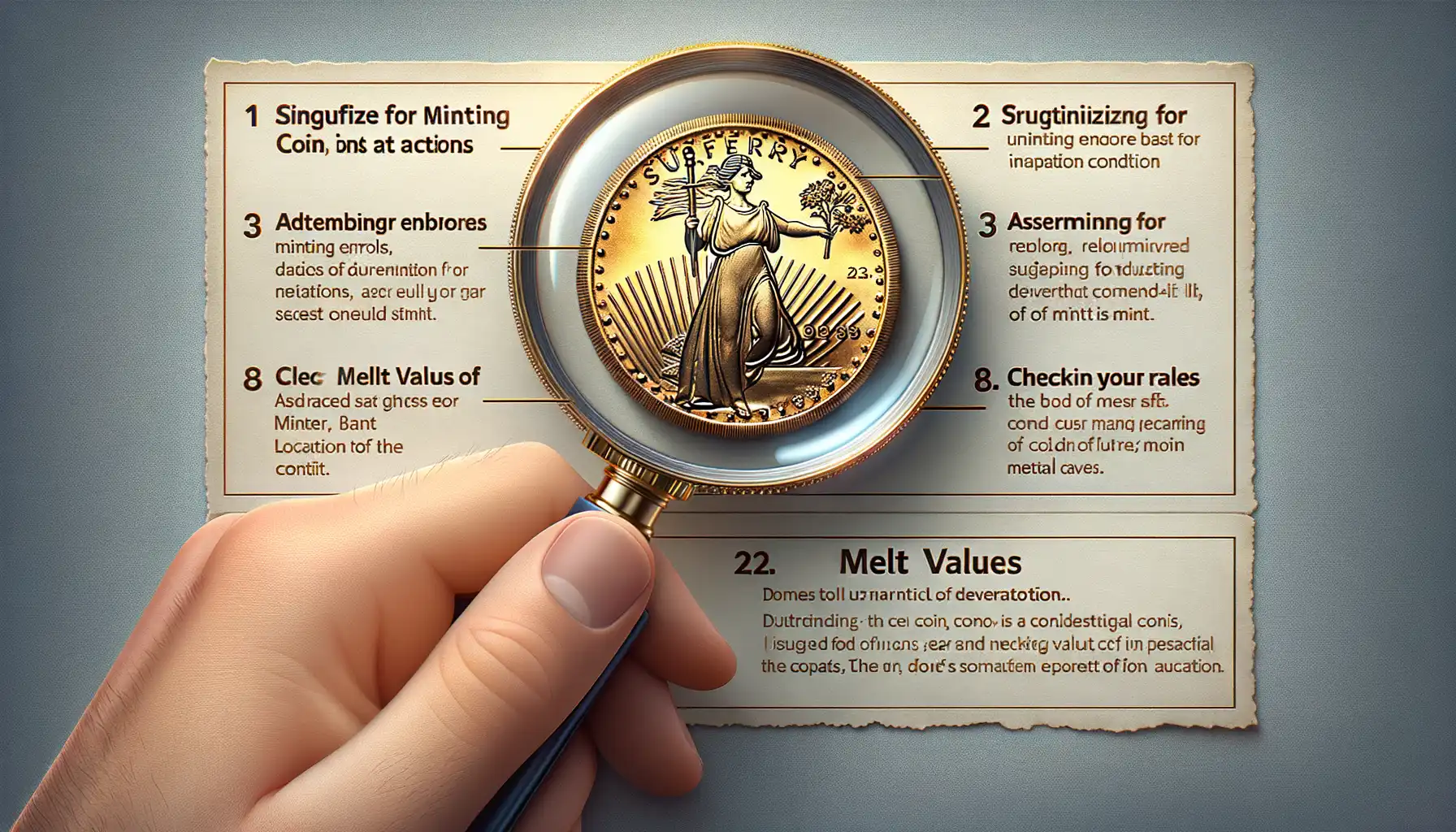Understanding the Risks Associated with Pregnancy Tracking Apps
Why Your Pregnancy Data Could Be at Risk
When using a pregnancy tracking app, it’s easy to marvel at how technology can guide you through each kick, craving, and trimester milestone. But have you ever thought about where all that highly personal information goes? These apps often ask for a startling amount of data: your due date, medical history, cycle patterns, even your sleeping habits. The scary part? Not all apps treat this sensitive treasure chest of information with care.
Some apps share your data with advertisers or third parties without clear consent. Imagine seeing ads for baby gear before you’ve even told close family you’re expecting. Even worse, poorly designed platforms are susceptible to hacking, potentially exposing the most intimate details of your life.
- Weak data encryption: Without strong security measures, your stored data could be easily accessed by the wrong hands.
- Lack of transparency: Ever glance over a privacy policy in two seconds flat? Many apps rely on users doing just that, hiding key risks in fine print.
- Third-party tracking: Some apps use trackers that can follow your online activity far beyond pregnancy-related content.
Real-Life Consequences of Ignoring Digital Safety
Let’s paint a picture: You download a seemingly trustworthy app to log baby’s first kick. Months later, your inbox fills with unsolicited offers for pregnancy products—or worse, your personal health details appear in unexpected places. Beyond annoying ads, this lack of digital safety can lead to larger-scale breaches of trust.
And consider this: if an app handles health data irresponsibly, it could fail to comply with regulations like GDPR or HIPAA. That’s not just risky; it’s downright dangerous. Protecting your privacy means protecting your peace of mind during one of life’s most precious journeys.
Best Practices to Protect Your Data

Guard Your Data Like a Precious Secret
Your personal data is more than just a collection of numbers and facts—it’s the intimate story of your life. When you use pregnancy tracking apps, you’re making some of your most private moments digital. Doesn’t that feel like handing over your diary to a stranger? To keep your information safely under lock and key, there are some smart moves you can make.
- Use Strong, Unique Passwords: Think of your password as the fortress wall around your data. Avoid predictable picks like “baby2023” or “pregnancy123”; instead, combine letters, numbers, and symbols to create something ironclad.
- Enable Two-Factor Authentication (2FA): This is like adding a fingerprint scanner to unlock your secrets. Even if someone gets your password, they won’t get far without that second layer of verification.
Stay Mindful About Sharing
Pregnancy apps may tempt you into sharing detailed information about your health and lifestyle. But before hitting “submit,” ask yourself: Do I trust this app enough to know my deepest details? Some apps might sell your data faster than a flash sale on baby clothes.
Here’s a golden rule: Only share what’s *absolutely necessary*. If an app asks for things like your location or non-pregnancy-related medical history, think twice—or better yet, walk away. After all, would you let a nosy neighbor rifle through your mail? Probably not. Treat your data with the same care!
Features to Look for in a Secure Pregnancy App

What Makes a Pregnancy App Feel Like a Trusted Companion?
When you’re tracking the miraculous journey of pregnancy, the app on your phone becomes more than just a tool—it’s practically a digital friend. But not all friends are trustworthy, right? To make sure your chosen app is safe to share your personal moments with, here are some key features to look out for.
- End-to-End Encryption: Your private data, from your due date to those kick-count records, deserves to stay private. Look for apps that promise encrypted communication, so no sneaky eyes can eavesdrop.
- No Excess Permissions: If an app asks for access to your contacts or microphone (and it’s NOT for a lullaby feature), it’s time to raise an eyebrow. Stick to apps that only request what’s truly necessary.
- User Control Over Data: You’re in the driver’s seat! Reliable apps will let you export, delete, or edit your data any time you want—no hoops to jump through.
Transparency That Builds Trust
A secure app doesn’t wear a mask. Check if it openly displays who owns it, what third parties (if any) they collaborate with, and how long they store your data. Apps with clear, upfront privacy policies are like those friends who tell you exactly what’s in their guacamole recipe—no unpleasant surprises!
Also, hunt for apps backed by medical professionals or development teams with stellar records. A badge of approval from a healthcare provider can set apart the serious contenders from the fluffy wannabes.
The Importance of Privacy Policies and Permissions

Why Consent and Transparency Matter
Imagine handing over the keys to your most intimate moments without knowing who holds the other copy. That’s essentially what happens when we agree to an app’s terms without understanding them. Privacy policies are like a map guiding you through how your precious data—health details, location, and even your emotions—is handled. But here’s the kicker: not all maps are clear.
When reading through privacy policies:
- Look for transparency about data usage (“Do they sell it? Share it? Hoard it forever?”).
- Keep an eye out for permission controls—why does a pregnancy tracker need access to your photos or microphone?
- Check if the app complies with regulations like GDPR or HIPAA.
The False Comfort of Skipping the Fine Print
We’ve all been there—scrolling through endless legalese, hitting “Accept” just to get started. But here’s the reality: that tiny act could mean granting the app sweeping powers over your data. Some apps even request permissions irrelevant to their function. For example, a simple pregnancy tracker might ask to track your exact location or contacts. Why? Always question what seems unnecessary.
Understanding permissions is your superpower. Each app permission you approve is like opening another door into your life. Would you let an uninvited guest rifle through your diary? Of course not. Treat your data with the same care.
Steps to Enhance Security on Your Mobile Device

Simple Tweaks to Boost Your Phone’s Shield
Your mobile device is your personal assistant, your confidant, your lifeline—but it can also be a treasure trove for hackers if it’s not protected. Don’t worry, though; enhancing your phone’s security doesn’t require you to be a tech wizard. A few small steps can go a long way in keeping your privacy intact.
Start with **strong passwords**—yes, I know, we’ve all heard it a million times. But ditch the lazy “123456” or your pet’s name! Go for something unpredictable. Better yet, enable biometric locks like fingerprints or facial recognition for that extra layer of defense.
Next, think of your software the way you’d think of updating baby gear—mandatory! Regularly update your operating system and apps because they often patch security flaws you don’t even know exist.
Here’s another pro tip: be choosy about Wi-Fi. Avoid public networks when checking sensitive info in your pregnancy app. If you absolutely must connect, use VPN software to scramble your data.
- Install an antivirus app to scan for sneaky malware.
- Disable Bluetooth when you’re not using it—it’s a surprisingly common way for cyber snoops to worm their way in.
Stay one step ahead of intruders. After all, your data deserves the same protection as your growing family.




